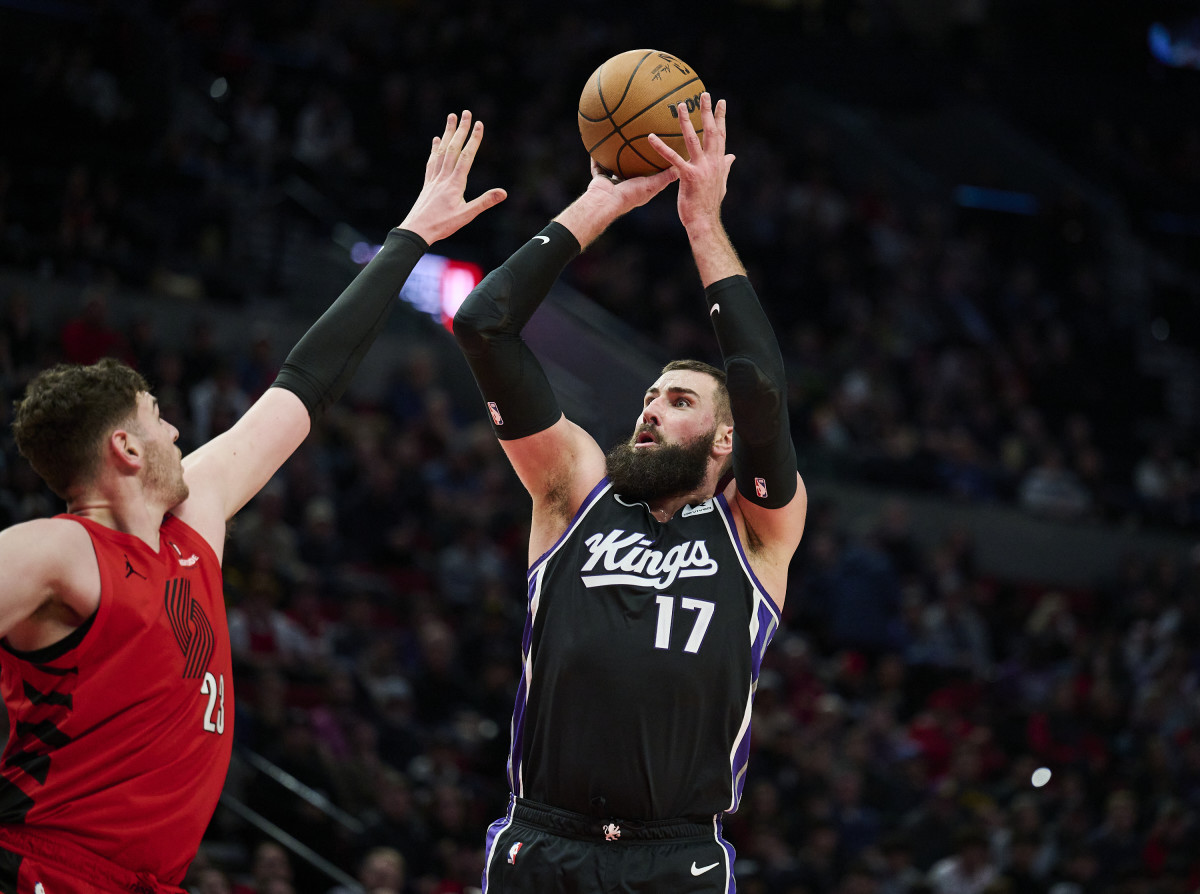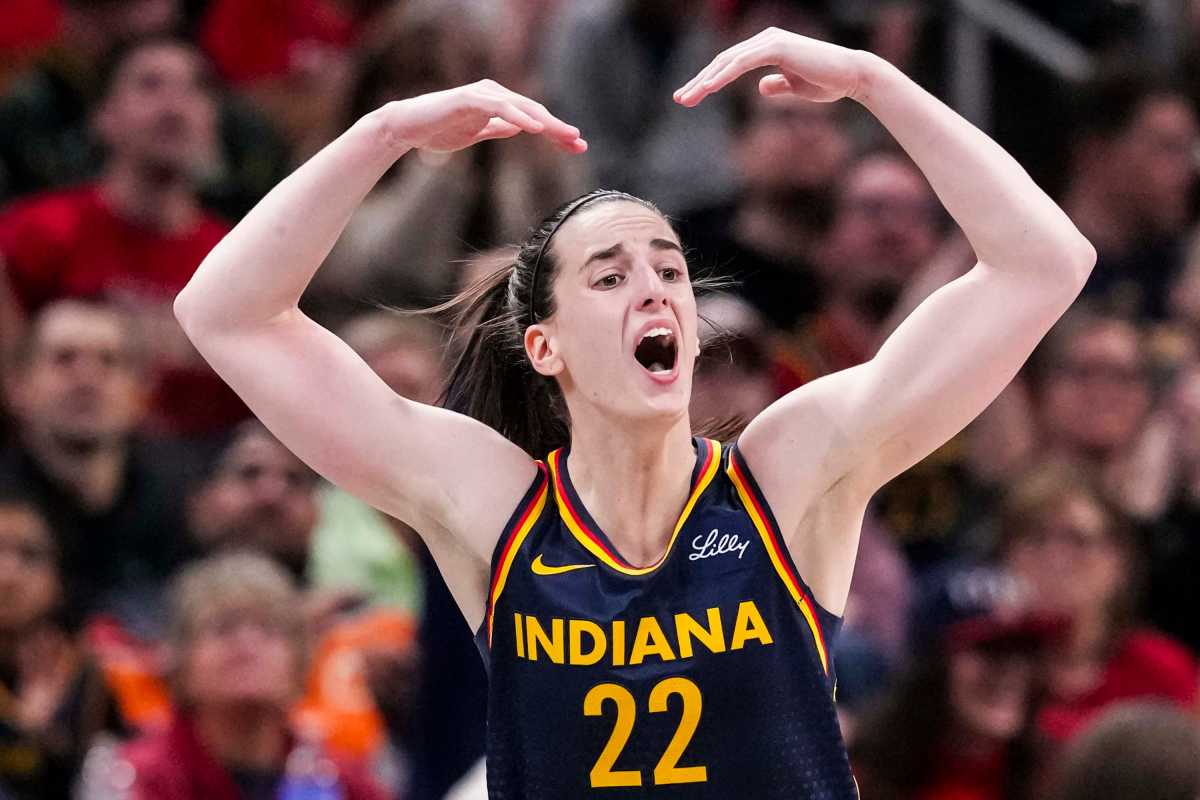German Chancellor Friedrich Merz has reaffirmed Germany's determination to take a leading role in European defence amid the threat from Russia.
Speaking at a ceremony in Berlin to mark the 70th anniversary of Germany's accession to NATO on Wednesday, he highlighted the significant increase in defence spending.
"With these resources, we will do everything in the coming years to make the Bundeswehr the strongest conventional army in the European Union, as is appropriate for a country of our size and economic strength, and as our allies rightly expect of us," Merz said.
Germany will take the lead in strengthening NATO's European flank in the coming years, Merz stated.
This also applies to supporting Ukraine, which he said is defending shared freedom in its war against Russian invaders.
"The path to a just peace lies through strength, not through weakness or even capitulation to aggression," Merz emphasised.
Germany's Nazi past and the destruction of World War II had led many Germans to distrust military means, but Defence Minister Boris Pistorius said sitting on the sidelines was no longer an option.
"For our alliance to remain successful, we Europeans must take on more responsibility," he said. "Germany will take the lead."
Pistorius believes the Russian war against Ukraine has silenced any doubts about NATO's relevance.
"Together, we will defend every inch of NATO territory if necessary," he added.
The defence minister also thanked NATO Secretary General Mark Rutte, who was in Berlin for the anniversary, for a successful June summit where the mantra of "an attack on one is an attack on all" was reaffirmed.
"The NATO summit in The Hague sends a very clear message: Article 5 is inviolable. We stand by our alliance commitments," Pistorius said.
Air power still about more than drones
Meanwhile, the new commander of the German Air Force said the use of drones in the war in Ukraine is "not a blueprint" for NATO's aerial capabilities, as he instead highlighting lessons learned from Israel's conflict with Iran.
Holger Neumann, the new inspector of the Luftwaffe, said in Berlin that the use of the "smallest of small drones" on the battlefield in eastern Ukraine is an important tactical and operational factor, but that they do not affect the importance of traditional air force capabilities.
"I'm more reminded of the operation we saw between Israel and Iran," said Neumann. "This is more the way NATO would exercise air power: executing decisive strikes far in the enemy's depth and controlling the aerial situation."
During the recent 12-day war with Iran, the Israeli Air Force was able to destroy or damage Tehran's air defence systems.
This is a prerequisite for modern militaries in order to attack troops, weapons systems, storage areas and production facilities in enemy territory.
Seeking to deter Russia, Germany and its NATO allies are seeking to develop and build far-reaching weapons systems for this purpose.
In view of the current threat level, Neumann pointed out that militaries must remain prepared, citing the "Fight Tonight" principle.
"If someone challenges us today or tomorrow, we can't say: 'Please come back in 2029,'" he said.
Neumann also referred to the growing threat to the security of satellite infrastructure in orbit, which is of central importance to the military and the economy.
Security and possible protective measures are being expanded under the umbrella of the air force, he said.
"We're watching satellites orbiting each other to do things that I can't really go into," he stated. "But we can see that it's a contested dimension."
(L-R) German Foreign Minister Johann Wadephul, NATO Secretary General Mark Rutte, former President of the Bundestag Norbert Lammert, German Minister of Defense Boris Pistorius and German Chancellor Friedrich Merz attend the ceremony "70 years of Germany in NATO" in the cour d'honneur of the Bendlerblock, the seat of the Federal Ministry of Defense. Germany officially joined NATO as its 15th member on May 6, 1955. Bernd von Jutrczenka/dpa
.png)
 German (DE)
German (DE)  English (US)
English (US)  Spanish (ES)
Spanish (ES)  French (FR)
French (FR)  Hindi (IN)
Hindi (IN)  Italian (IT)
Italian (IT)  Russian (RU)
Russian (RU)  4 hours ago
4
4 hours ago
4










Comments